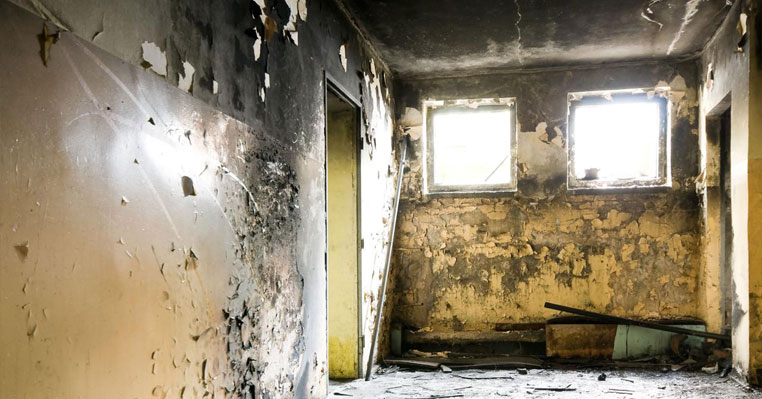Florida Tenant Rights Black Mold: Sue Landlord
Black mold in Florida can be a dangerous contaminant. It can irritate the respiratory tract and cause respiratory illnesses such as chronic emphysema and asthma. When renting a property, as a new tenant you have specific rights if a black mold infestation is already present in the rental property. Among renters or tenants, black mold has become a major concern. In the past, tenants have suffered from chronic fatigue, cognitive losses, hemorrhaging, nausea, and rashes because of exposure to this specific mold.
What is black mold exactly?
Black mold or toxic black mold is a name that is commonly used to refer to Stachybotrys chartarum. It can grow in houses and can be extremely hazardous to humans. Stachybotrys is recognized as a toxic mold because toxins known as mycotoxins are produced by it. Breathing in these mycotoxins that are carried on the spores of this mold can lead to numerous health problems. One thing to understand is that you only way this can be identified is by a specially trained professionals through cultures or a microscopic exam.What does black mold look like?
Toxic black mold is a gelatinous greenish-black mold. Usually, the mold has a wet layer on the top, which is the reason it is slimy. However, toxic black mold can appear powdery and dry too if its water source runs out. There are various other molds that look like toxic black mold.What are the symptoms of toxic black mold exposure?
If you are a tenant and if you have discovered a black mold infestation in the rental property you just rented, then you might be at risk of suffering from:- Damage to internal organs
- Hemorrhage
- Immune system suppression
- Irritation of the mucous membranes
- Mental impairment
- Nausea
- Respiratory problems
- Skin inflammation
- Tiredness
Toxic black mold can damage your health permanently. In fact, toxic black mold can even prove to be fatal in extreme cases. Due to these serious health effects, providing a safe rental property, free from health hazards such as black mold is the responsibility of landlords according to state laws.
What is the first step to take if you think you have black mold in your apartment?
Contact your landlord and ask that he come and see the problem and fix it for you. You should always give your landlord the opportunity to fix a problem before contacting other resources.How to prove that it is indeed a black mold infestation?
As mentioned, there are various other molds that are similar to toxic black mold. So you think that you’ve discovered a black mold infestation in the rental property but you’re not sure? Because all types of mold should be taken care of, Florida Department of Health does not recommend that you have mold tested. The reason for this is that the testing is very expensive and should only be done by an experienced professional.You should investigate what is causing the mold problem. You can look around your air conditioning units or furnaces for standing water. You can look for the mold growth which will be visible by showing up as staining or fuzzy growth on furniture or walls, ceilings or anything made of wood or paper. Look for damage that is caused by water leaks, standing water, condensation or water stains – all of which may be the cause for the mold growing. Mold usually has an odor that smells earthy or musty.
What to do if a landlord refuses to get black mold removed?
However, many landlords try to steer clear from their responsibility. So if you are having a dispute with your landlord regarding a toxic black mold infestation problem, you have the right to file a complaint against your landlord.












No comments: